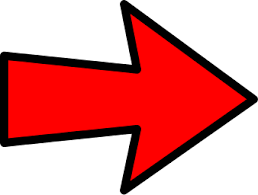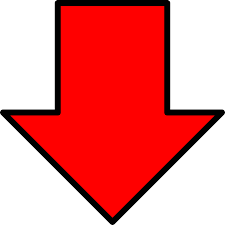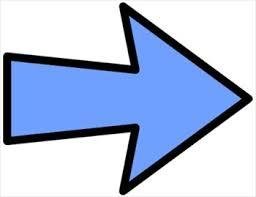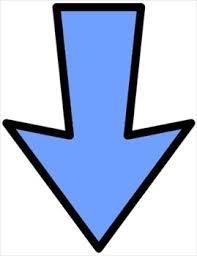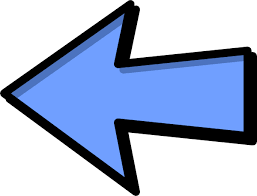Depression
Depression is the most common mental disorder. To learn more about it, use the arrows and the questions to maneuver your way through.
Someone you know has depression
You have Depression
In 2012, more than 16 million people were affected by a depressive episode in the United States. That is around 6.9% of people in America.
How to help someone with Depression
There are many ways to help people with depression. The greatest of those ways is to provide a supportive community.
Although this video talks about children and their parents, it can still apply to others.
What else can I do?
How do I understand what they are going through?
Back
What else can I do?
Psychiatrists and therapists have spent years learning about mental disorders. They have learned the many signs, and the many ways to fight against it. Other than providing a strong community base, encouraging the person to get help can be a firm hand on their back, giving them the help they need.
Other than this, learning more about how they feel can provide the sympathy they may need. Depression is hard, but with the right help, we can all help them through it.
Back
What are the types of Depression?
"The opposite of depression is not happiness, but vitality, and it was vitality that seemed to seep away from me in that moment." (Andrew Solomon, Ted talks, December 13th, 2013 )
Depression is not so much an emotion, as an absence of emotion. You lose that ability to love, feel or function. Depending on your type of depression, clinical, situational or seasonal, there are ways to fight the drowning of soul.
How to help yourself through depression
Ways to Fight back
Types of depression
Back
Types of Depression
Seasonal
Situational
Clinical
Anxiety
The three most common types of depression are Situational, Seasonal, and Clinical. The feelings of Anxiety are commonly mistaken for depression. Although different emotions they can be closely correlated.
Ways to fight back
Seasonal Depression
Seasonal depression, also known as SAD, "is a period of major depression that most often happens during the winter months, when the days grow short and you get less and less sunlight. It typically goes away in the spring and summer."
Basically your body loses many of it's key hormones, like serotonin, chemicals that help you feel more awake and have a greater desire to be active.
Back
Situational Depression
"This isn't a technical term in psychiatry. But you can have a depressed mood when you're having trouble managing a stressful event in your life, such as a death in your family, a divorce, or losing your job. Your doctor may call this "stress response syndrome."
Usually this type of Depression is tied to anxiety. When your anxiety levels are high, you have a higher chance to develop depressive moods.
Anxiety
Back
Clinical Depression
This is where you have a difference within your body that creates the depressive emotions. This could be from weak serotonin receptors or other problems. Most psychiatrist have a list of different indicators and other methods to see if you have clinical depression.
Getting help
Back
Anxiety is an emotion, and is just as common as feeling happy or sad. Just like many negative emotions, anxiety, if not cared for, can grow into an anxiety disorder, something that is very similar to depression.
Back
Ways to fight Depression
Diet
Exercise
Sunlight
Medicine
Community
Religion
More information on Depression
Therapy
Types of depression
Each of these arrows link to a website that has more information on the method.
deck
By orionmax1
deck
- 76
